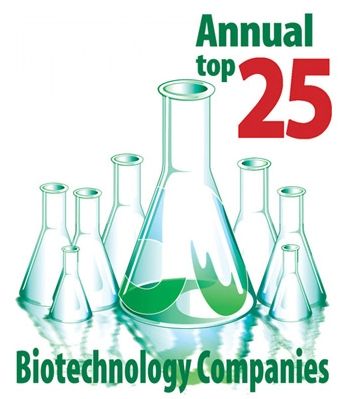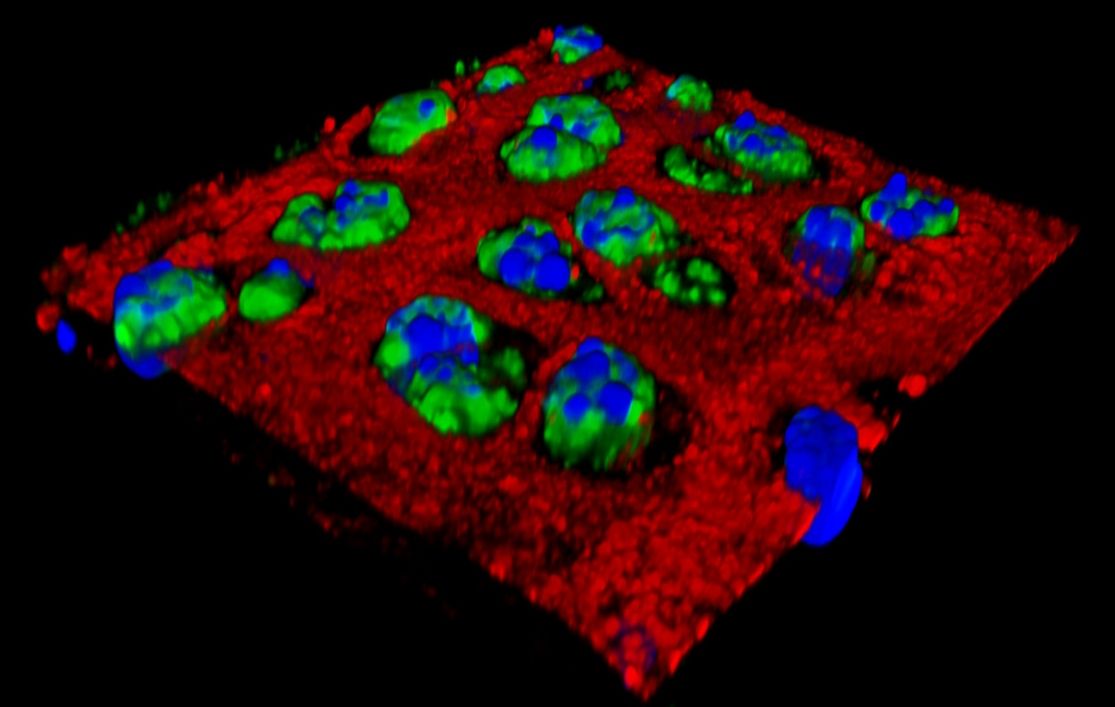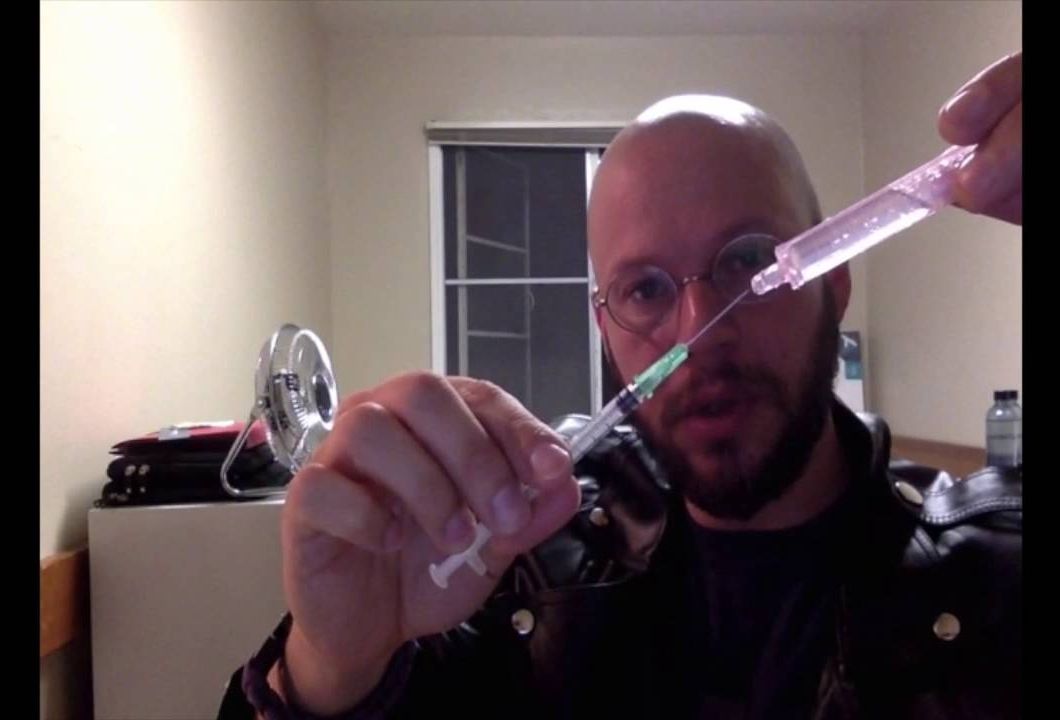Sep 29, 2016
Promising biomaterial to build better bones with 3D printing
Posted by Shane Hinshaw in categories: 3D printing, biotech/medical, engineering
A Northwestern Engineering research team has developed a 3D printable ink that produces a synthetic bone implant that rapidly induces bone regeneration and growth. This hyperelastic “bone” material, whose shape can be easily customized, one day could be especially useful for the treatment of bone defects in children.
Bone implantation surgery is never an easy process, but it is particularly painful and complicated for children. With both adults and children, often times bone is harvested from elsewhere in the body to replace the missing bone, which can lead to other complications and pain. Metallic implants are sometimes used, but this is not a permanent fix for growing children.
“Adults have more options when it comes to implants,” said Ramille N. Shah, who led the research. “Pediatric patients do not. If you give them a permanent implant, you have to do more surgeries in the future as they grow. They might face years of difficulty.”


















